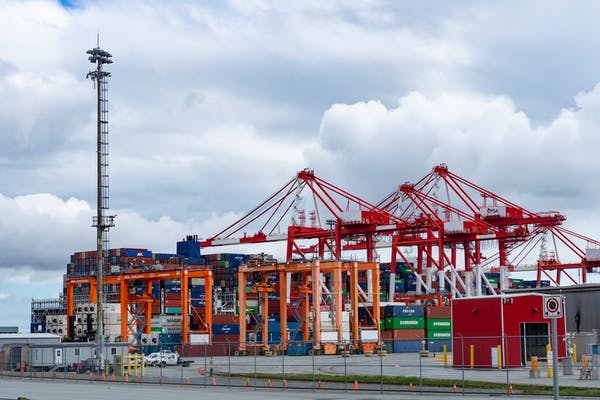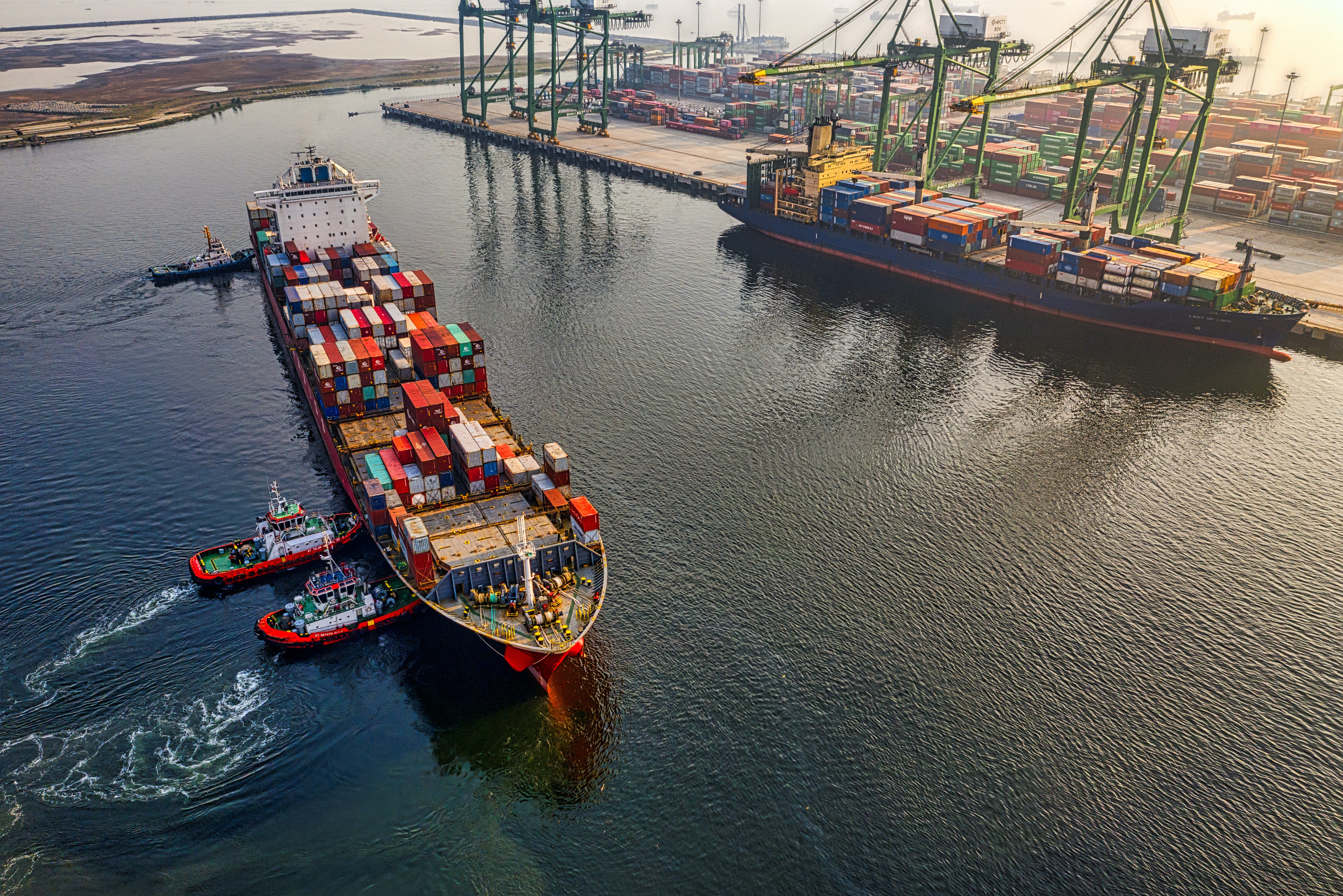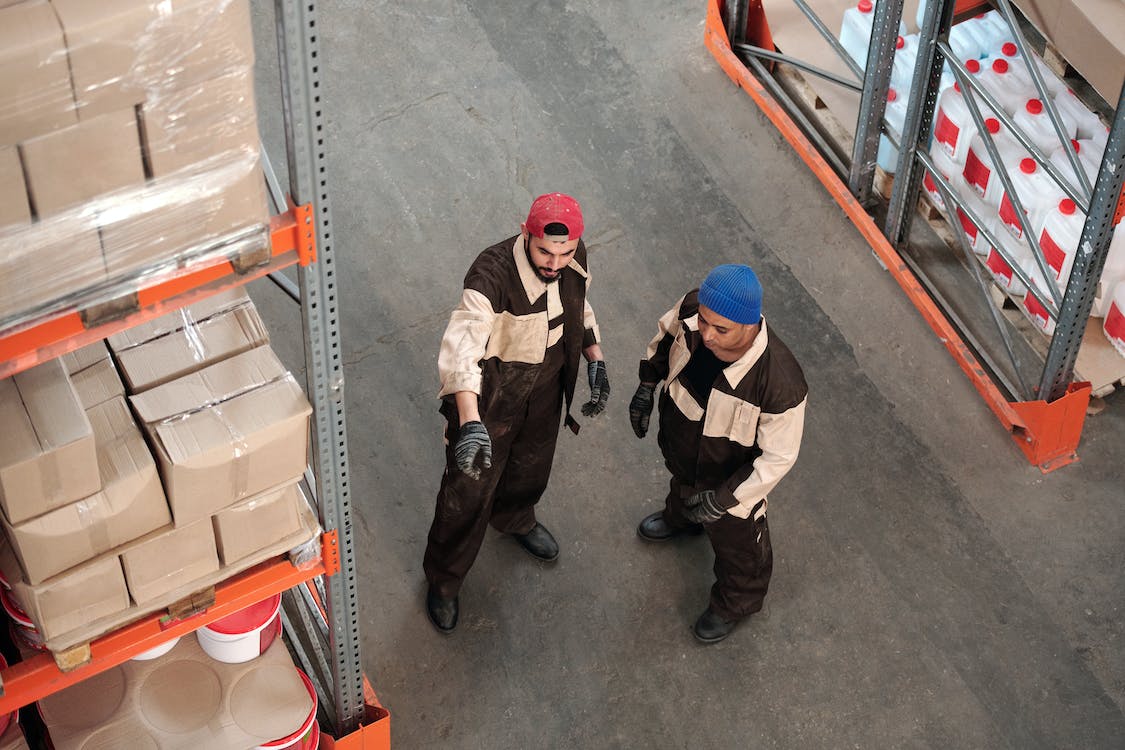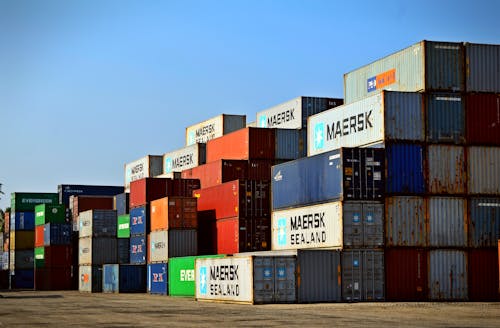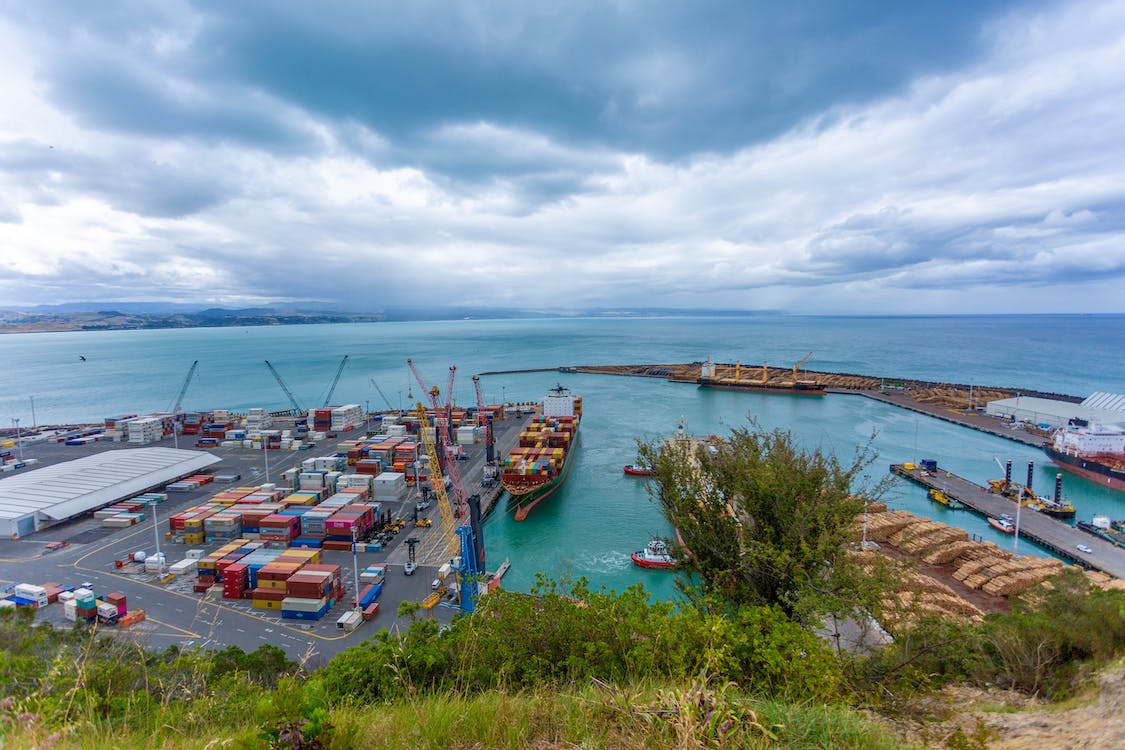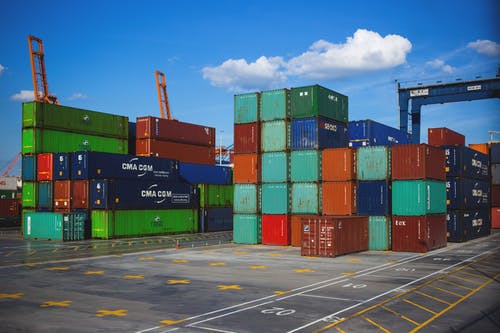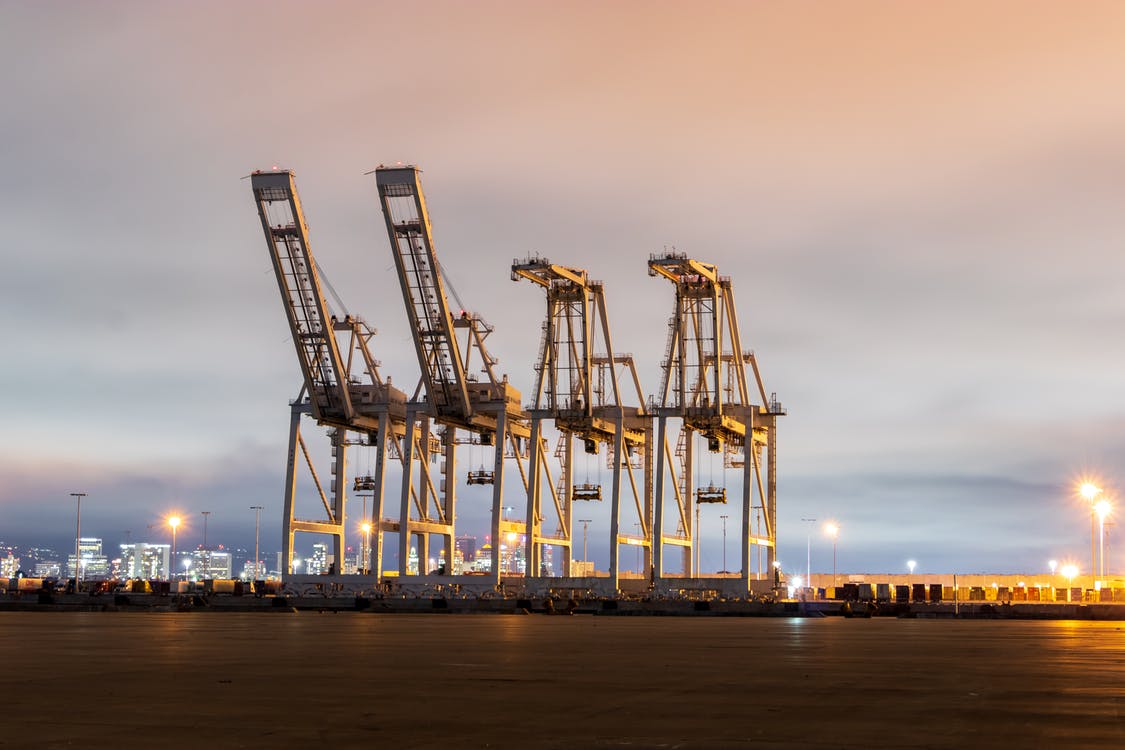7 Factors that Influence Ocean Freight Rates – Infographic
Ocean freights are a lifeline for companies nowadays, especially for small and medium enterprises (SMEs) that engage in international business affairs. Without them, importing or exporting goods packed inside containers from one location to another is nearly impossible.
Besides, ocean freights are also a cost-efficient method, as a typical cargo ship can handle 18,000 containers at a time. And that’s the reason why a logistics company in the Philippines and other related service providers gain popularity and is always on demand among companies that want to save money and assure that the customers’ orders will arrive on the exact date.
However, the cost of transporting goods isn’t constant, and it changes every time for varying reasons. Given such a fact, business owners and their companies should consider these different factors affecting ocean freight rates.
Container Route
The English Channel is said to be the busiest ocean freight route in the world. It serves as a passageway for more than 500 carriers each day, every year.
Before getting in touch with a logistics company in Manila, business owners should understand that if there is a high demand, the competition becomes more aggressive and it makes a particular route busier than usual. And this turn of events increases the price rate of transporting.
Currency
As the shipping fee covers all expenses, transporters like logistics freight in the Philippines need to pay attention to the exchange rate and the fluctuation factor during the transaction period to avoid delays at work.
We all know that countries have different currencies. Yet, in international transactions, the dollar serves as a common denominator. And this universal rule also applies to cargo shipment, as fuel value is always dollar-based. Also, the currency for port and operational charges also depends on the country where cargo ships will go.
Fuel Prices
Without fuel, maritime and land transportation won’t exist. Indeed, the availability of oil makes good transport possible. Yet, the ever-changing oil price affects the shipping fee of logistic companies. If there is an oil price spike, ocean freights service providers will pass the additional expenses to the company asking for shipment.
On the contrary, if fuel prices go down, there is the perfect opportunity for businesses to afford sea freights at a lower cost.
Additional Seasonal Charges
Sea carriers often apply extra seasonal charges if there is a high demand for them every year. Transporters may add Peak Season Surcharge (PSS) or congestion charges to their temporary overall ocean freight cost for transporting your goods.
Container Type and Size
Enterprises should know and understand that containers have different types and sizes, and their prices vary. Taller and larger containers cost bigger than their smaller counterparts. You may reduce the shipping fee by choosing the best container type and size fit for your goods, as well as secure them.
Space Availability
The cost of ocean freights also depends on the availability of space and equipment. During peak seasons, shipping companies use the high demand for shipment to wage their transport cost higher.
Terminal Service Charges
Shipping companies may apply charges to cover their expenses in processing containers from their origin and destination ports. Additional fees include labor fees, use of equipment, and limited time storage. Most importantly, terminal handling services are different in every country.
Transporting goods through ocean freights is a tricky task. Therefore, business owners should consider all the factors listed above to reduce costs and secure their cargo.
Excelsior Worldwide Freight Logistics conducts free orientation for those who are willing to learn. It is our advocacy to share our knowledge & experience worth more than a decade in the business. Visit our website today at excelsior.ph to learn more about our service.

